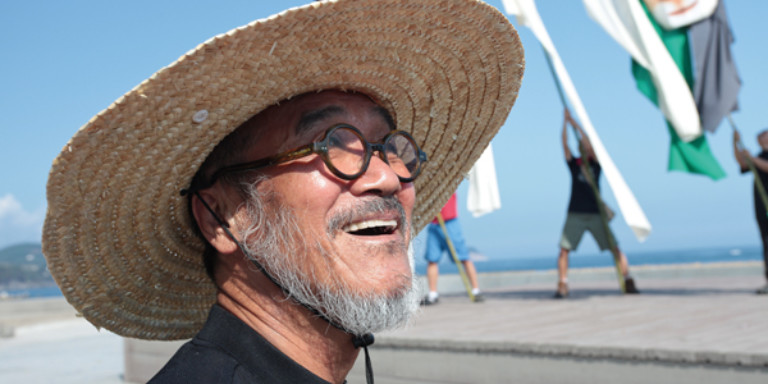South Korean Anti-Nuclear Movement Led By Catholic Church
Posted May 19, 2017 by Ryan Fitzgerald | A Nuclear World

The tragedy that occurred at Fukushima in 2011 reminded the whole world of the risks that come with harnessing nuclear energy. Neighboring country South Korea was no exception. In addition, recent events have given rise to a growing South Korean anti-nuclear movement. South Korea is the fifth-largest user of nuclear power in the world with more than 20 nuclear reactors scattered throughout the country accounting for nearly a third of all electrical production. With a population density greater than that of Japan, a reactor accident could cause a serious humanitarian catastrophe. Relations with North Korea also present a unique challenge, who has long-threatened to level South Korea with artillery if they are provoked. This has forced nuclear reactors to be placed as far from the border as possible, many in the southeast. This means the reactors are in majorly populated areas, where a fault line exists, and where a growing number of citizens are expressing an anti-nuclear stance.
Who is Father Moon Paul?
As a member of the Catholic Priests Association for Justice (or CPAJ) and long time peace activist, Father Moon Paul Kyu-Hyn is no stranger to fighting for change. The Jesuit priest has advocated for peace and unification between North and South Korea for many decades, and even spent three years in prison for an illegal trip into North Korea in 1989. His recent mission has been to bring an end to the use of nuclear technology, stating that doing so “is the only way to survive, to save ourselves, and save the world.” His most recent contribution to the fight against nuclear occurred in the capital city of Seoul, where he led a large movement of clergy and church members in an effort to receive a million supporting signatures.
Despite being a minority population, the Catholic Church has gained increasing political influence in South Korea. In a time where corruption plagues the South Korean government, leaders of the Catholic church represent something pure and free of corruption. They are not afraid to discuss important issues and fight for change, which has resonated with members of the population.
The disaster at Fukushima surfaced many fears surrounding the use of nuclear energy. These fears were nearly realized last year when earthquakes led to the temporary shutdown of four nuclear reactors across the country. No harm came from the event, but it is a reminder of the vulnerability of nuclear reactors to environmental disasters that are out of our control. With the memories of these events still fresh in the minds of citizens, Father Paul Moon’s anti-nuclear movement has gained increased support.
Political Change in South Korea
Recent changes in the political environment have also contributed to the South Korean anti-nuclear movement. In March, President Park Geun-hye made history by becoming the first democratically elected South Korean president to be forced out of office. Her replacement, President Moon Jae-in has so far been a supporter of environmental change. During his campaign, he often raised the issues of South Korea’s dependency on coal and nuclear energy, and the need for a transition towards clean and renewable energy. He has promised to halt the construction of new nuclear reactors, which remains to be seen. Since entering office, he has planned a decommissioning process for several coal plants across the country. Whether or not President Moon can impact nuclear energy policies of his country, leaders like him and Father Paul Moon have helped bring awareness to the issues we must confront surrounding the threat of nuclear energy and waste.
Comments ( 0 )